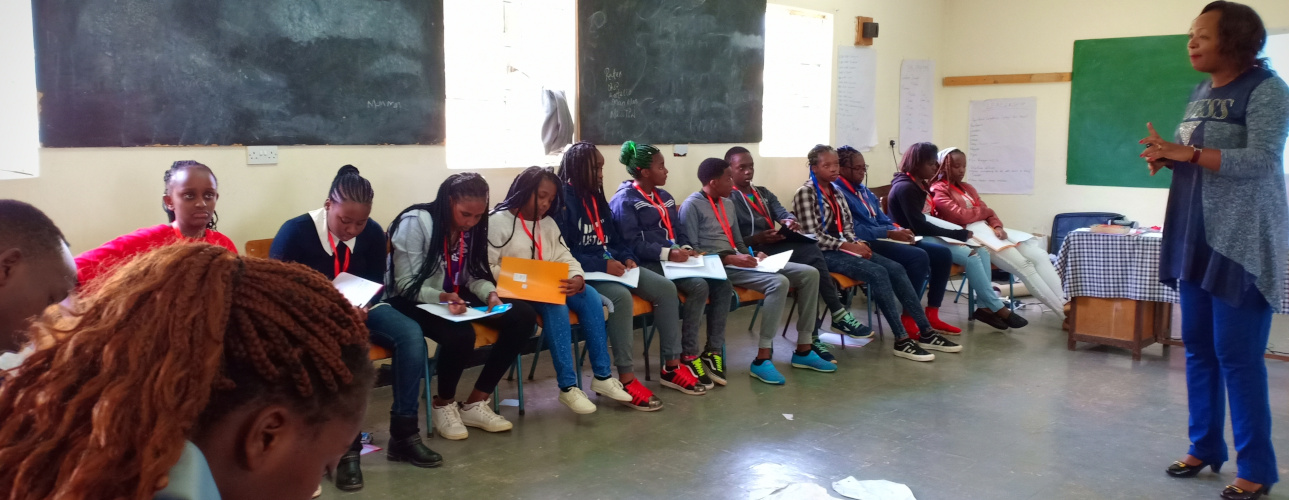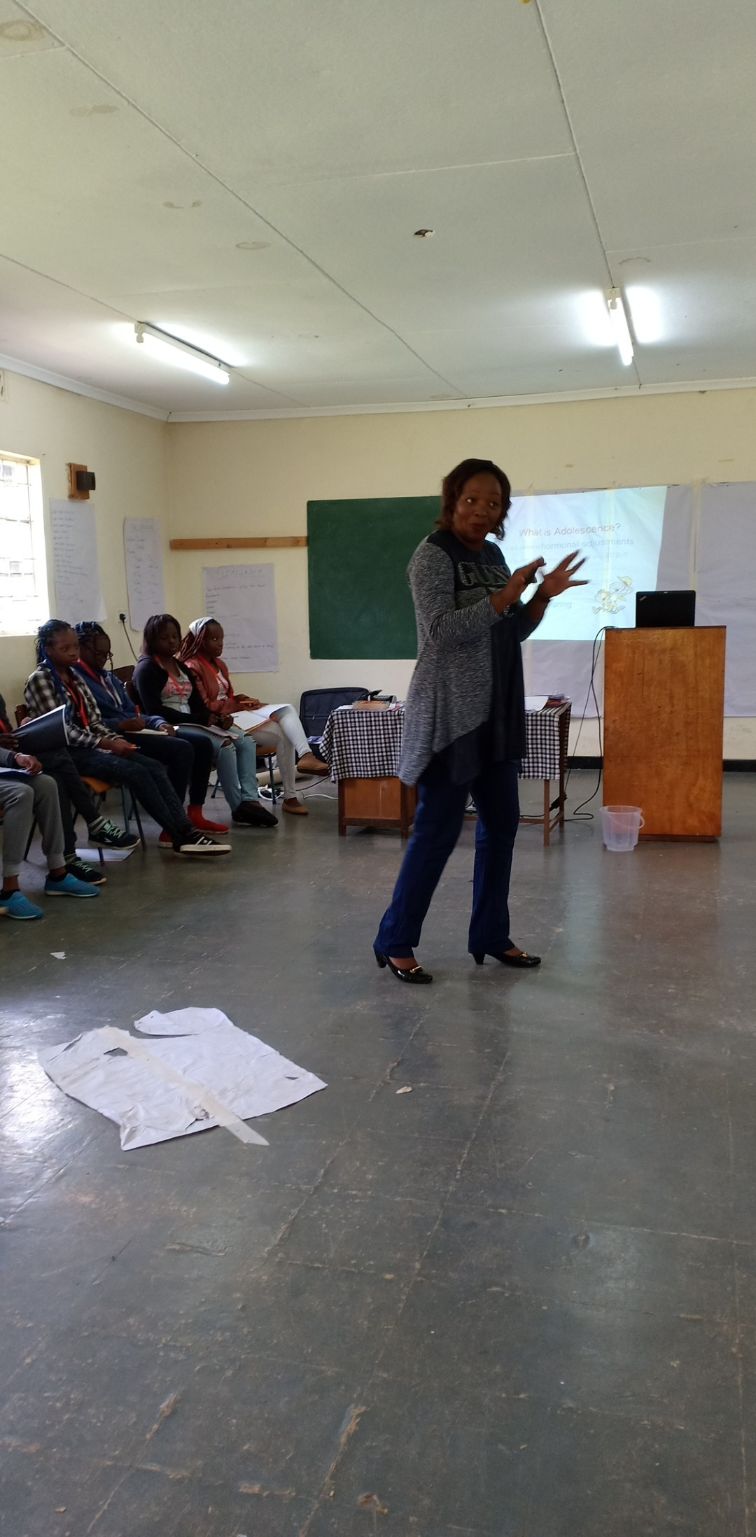Youngster’s Annual Boot Camp
The better a child succeeds at finding the experiences that bolster his well-being, the better he will be able to cope with life stressors.
Seven Experiences Children Need
So which experiences, then, are most likely to make children resilient? great camps understand that the factors that make children resilient are cumulative. One experience contributes to others, expanding a child’s psychosocial resources exponentially. In practice, this means camps need to offer children healthy amounts of some or all of the following seven experiences:
- New relationships, not just with peers, but with trusted adults other than children’s parents. These new relationships teach children social skills to cope with new situations. A room full of youngster can give them each a chance to play both leader and follower, depending on the activity they’re doing. The adults who youngsters encounter at camp also offer the chance to learn how to deal with people different than their parents. Opportunities for the child to learn how to advocate for what she/he needs and get along in a tough situation. Just think about how useful a skill like that is: being able to negotiate with an adult on one’s own to get what one needs.
- A powerful identity that makes children feel confident in front of others provides children with something genuine to like about themselves. A youngster may not be the best on the ropes course, the fastest swimmer, or the next teen idol when he sings, but chances are that a good camp counselor is going to help a child find something to be proud of that he can do well. The camp experience not only helps the child discover what he can do, it also provides him with an audience that shows appreciation. Identities that fortify a youngster during times of transition and crisis are those that have been acknowledged by others as positive and powerful.
- Camps help youngsters feel in control of their lives. Those experiences of self-efficacy travel home. Children who experience themselves as competent will be better problem solvers in new situations long after their laundry is cleaned and the smell of the campfire forgotten. The goal here is to encourage a child’s sense of internality, their perception that they have some say over their world and that the sources of the problems they encounter are properly attributed to either themselves (when they are to blame) or others (when, in truth, the youngster is an innocent victim of someone else’s mistake). The child who has some say over daily activities at a camp and learns to fix problems when they happen (cleaning up a mess when a group of campers get too rowdy) is the youngster who will take home with her a view of the world as manageable the next time she encounters trouble.
- Camps make sure that all youngsters are treated fairly. The wonderful thing about camp is that every youngster starts without the baggage they carry from home or school. At camp, both find opportunities to just be youngsters who are valued for who they are. Of course, for camps to achieve this, they must actively encourage the engagement of those who are more vulnerable or marginalized. The more inclusive activities are of individual campers’ cultures, and the more activities show, rather than tell, each camper that they have something to contribute, the more children will feel fairly treated. The goal is to strive not only for equality, with every youngster treated equally, but also to instill a spirit of equity, in which each youngster receives that which she needs individually to feel valued.
- At camp, youngster gets what they need to develop physically. Ideally, they experience fresh air, exercise, a balance between routine and unstructured time, and all the good food their bodies need. Not that’s mores don’t have a place at the campfire, but a good camp is also about helping youngster find healthy lifestyles. Counselors that care enough to look after a child’s physical health, bringing out the youngsters best by encouraging manageable amounts of challenge, are also conveying to the child a belief in the youngster physical capacity to cope. That’s important for youngster’s long-term physical development. We now know that early experiences of exposure to risk, and poor health resulting from too little exercise when young, have long-term consequences for the child’s healthy development.
- Perhaps best of all, camps offer youngster a chance to feel like they belong. All those goofy chants and team songs, the sense of common purpose and the attachment to the identity that camps promote go a long way to offering children a sense of being rooted. For children from the most risky environments, it’s this sense of belonging to a prosocial set of peers and the institution of the camp itself that is a buffer against future feelings of isolation. It’s this isolation that contributes to substance abuse and other problem behaviors.
- Finally, camps can offer youngsters a better sense of their culture. Camps are places where youngsters can think about their values and share with others the everyday practices that make them feel a part of their families and communities. It might be skit night or a special camp program that reflects the good values or maybe it’s just a chance for youngsters to understand themselves a bit more as they learn about others.




